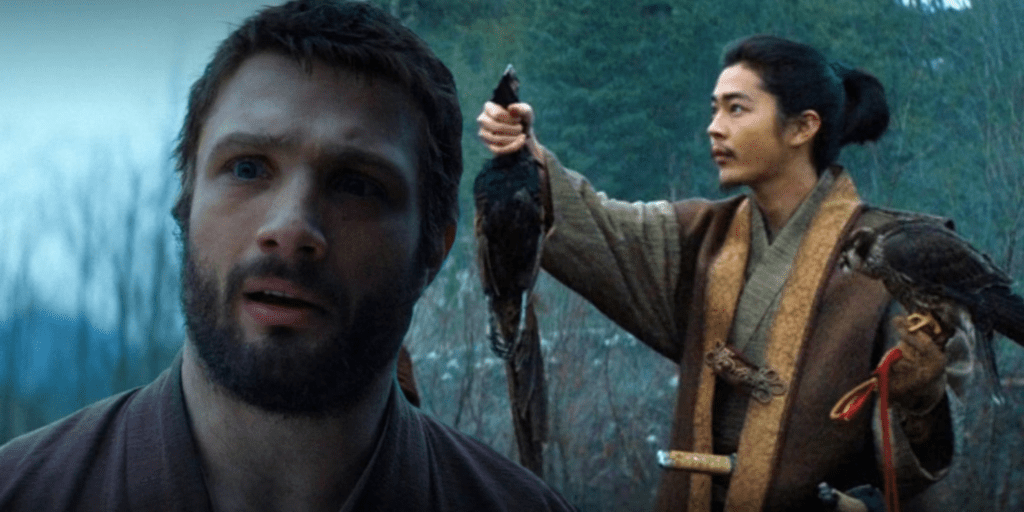In the latest installment of SHOGUN, Episode 5 left viewers on the edge of their seats with a perplexing revelation: John Blackthorne’s decision to let the prized pheasant rot. The series, based on James Clavell’s epic novel, continues to unravel the intricacies of feudal Japan, where cultural clashes and political maneuvering shape destinies.
At the heart of Episode 5 lies a pivotal moment when John Blackthorne, an English navigator stranded in Japan, deliberately allows a valuable pheasant to spoil. This seemingly inexplicable act has sparked intense speculation among fans, but a deeper analysis reveals the profound motivations behind Blackthorne’s actions.

Firstly, it’s essential to understand the symbolic significance of the pheasant within Japanese culture. In feudal Japan, the pheasant represented more than just a culinary delicacy; it embodied power, prestige, and social hierarchy. By allowing the pheasant to rot, Blackthorne challenges the established order, signaling his defiance against the rigid structure of Japanese society.
Furthermore, Blackthorne’s decision underscores his growing disillusionment with his role as an outsider in Japan. Despite his initial fascination with Japanese customs and traditions, he begins to recognize the inherent injustices and inequalities within the system. Allowing the pheasant to spoil becomes a form of silent protest, a refusal to partake in rituals that perpetuate oppression and exploitation.
Additionally, Blackthorne’s actions can be interpreted as a strategic maneuver in his quest for survival and autonomy. By disrupting the expectations of his Japanese hosts, he asserts his independence and asserts his agency in a foreign land where he is constantly at the mercy of powerful warlords and scheming adversaries.
Ultimately, the shocking reason behind John Blackthorne’s decision to let the pheasant rot transcends mere culinary symbolism. It serves as a powerful metaphor for resistance, rebellion, and the quest for identity in a world torn apart by cultural divides and political intrigue. As SHOGUN continues to captivate audiences with its gripping narrative, viewers can expect further revelations that challenge perceptions and unravel the complexities of human nature.
Stay tuned as we delve deeper into the mysteries of SHOGUN, exploring the intricate tapestry of history, culture, and ambition that defines this epic saga.